Having achieved independence from Sudan in 2011, South Sudan is one of the last countries to do so in the world. With a population close to 12 million and a territory of more than 600,000 km2, South Sudan is also characterized by its high levels of diversity, with over sixty major ethnic groups who mainly follow traditional religions, although Christianity is the majoritarian one.
South Sudan’s president Salva Kiir announces the dissolution of the country’s parliament, according to what was established in the 2018 peace accord


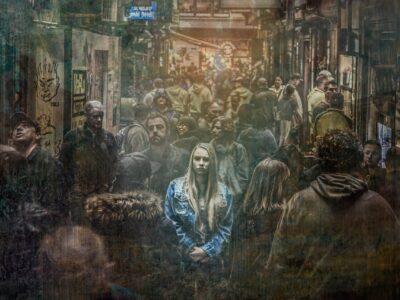
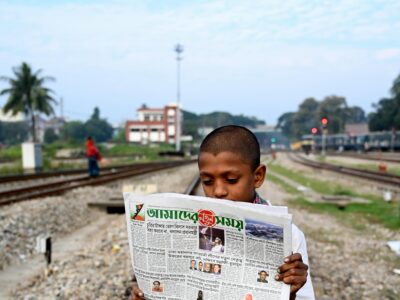
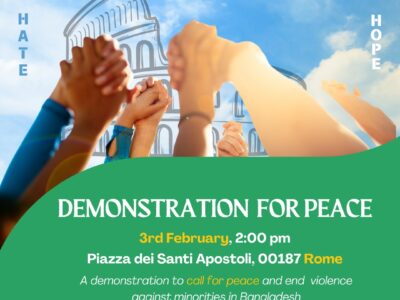
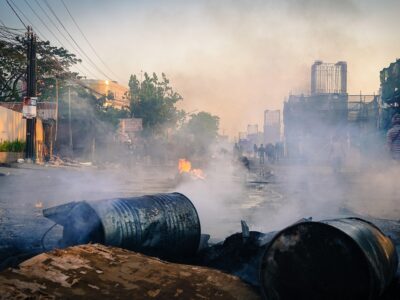

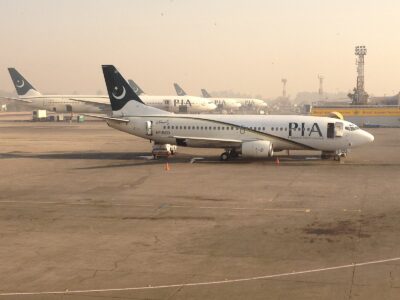
Comments